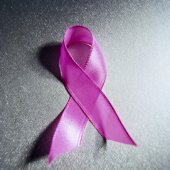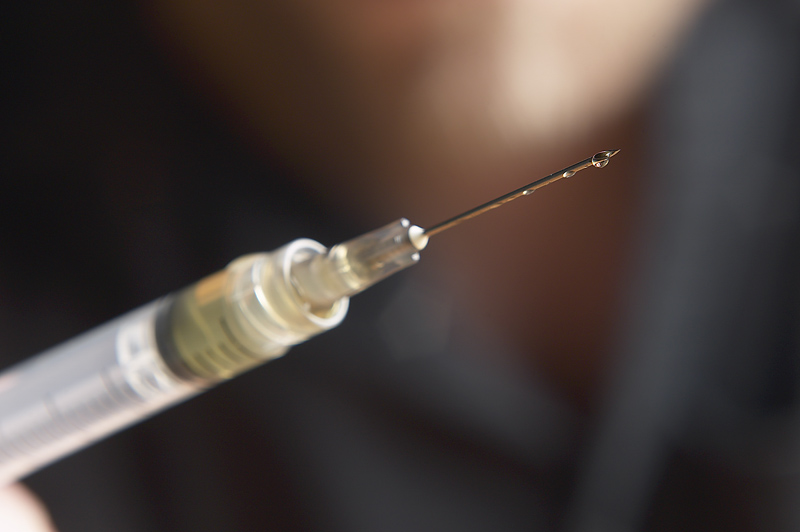
TUESDAY, Dec. 6 (HealthDay News) — A woman’s risk of developing breast cancer appears to rise if she has diabetes or is obese after age 60, a new study indicates.
Previous research has linked obesity and increased breast cancer risk, but “the diabetes link had not been clearly shown,” said researcher Dr. Hakan Olsson, a professor of oncology at Lund University in Lund, Sweden.
He is scheduled to present his findings this week at the 2011 San Antonio Breast Cancer Symposium.
The diabetes link held even after he accounted for obesity and levels of blood lipids, such as cholesterol. It is an association, however, not proven cause and effect.
A strength of the study, Olsson said, is that it looked at the population as a whole, not only women with breast cancer. He studied the medical records of more than 2,700 patients for up to 10 years before they developed breast cancer and also records for about 20,500 patients who never developed cancer.
Obesity after age 60 boosted breast cancer risk by 55 percent, Olsson said. To put this in perspective, while 15 of 100 obese women, at the most, would get breast cancer, fewer than 10 of 100 women in the general population would be expected to get breast cancer, Olsson explained.
Up to four years after a diabetes diagnosis, women of any age had a 37 percent higher risk of developing breast cancer, he said.
Olsson also found a link between abnormally low levels of blood lipids or fats, mostly cholesterol, and a 25 percent higher risk of breast cancer. Women with higher cholesterol levels had a lower risk, he found.
This puzzling finding needs to be studied more, the researcher noted.
The type of diabetes drug a woman takes also seemed to influence breast cancer risk, Olsson said. Glargine (Lantus) was linked with a nearly doubled risk of breast cancer. However, metformin (Glucophage, Fortamet, others) was linked with a slightly lower risk.
“If a woman has diabetes, she should be aware that certain cancer forms might appear [more often], and one is breast cancer,” Olsson said.
Women with diabetes might also ask their doctor which diabetes drug is best for them and will minimize their cancer risk, he said. However, the study numbers were too small to conclude these drugs directly affect cancer risk, he added.
The new finding is the diabetes and cancer link, said Dr. Suzanne Steinbaum, director of women’s heart disease at Lenox Hill Hospital in New York City. But it doesn’t surprise her, she said.
“We’ve known that obesity is associated with breast cancer,” she said. “A lot of obese people have diabetes.”
The take-home message for women, she said, is that minimizing their breast cancer risk — now, trying to maintain a healthy weight and avoid diabetes — will also help their heart health, Steinbaum said.
Olsson will continue the research and explore the lipid level and breast cancer link. Meanwhile, women should watch their weight and aim for a body mass index (BMI) of less than 25, Olsson said. BMI is a calculation based on height and weight. A BMI of 25 or higher is considered overweight, and 30 or over is obese.
Because this research was presented at a medical meeting, the data and conclusions should be viewed as preliminary until published in a peer-reviewed journal.
More information
To learn more about obesity and cancer, visit the U.S. National Cancer Institute.

